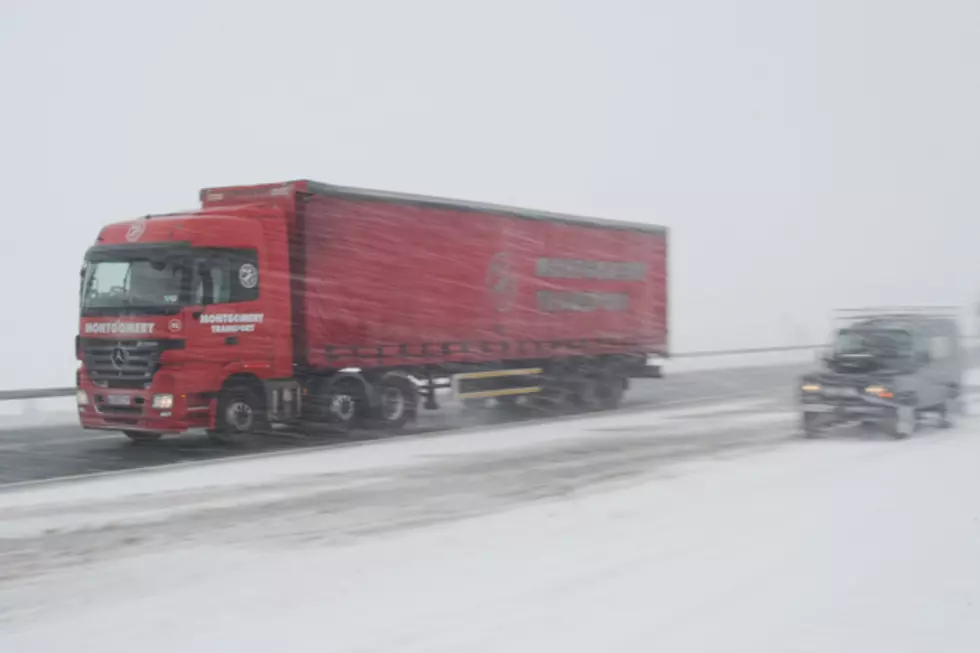
Is there an effective Ice Melt Alternative? It’s Not Great for Aquatic Life
Snow or ice... personally I'd almost rather it just snow instead of having an ice storm. But right now, that's what we have. A ton of ice out there. You could probably ice skate on my driveway. This weekend is supposed to be a bit warmer, but we know we aren't anywhere near out of this winter weather yet. To make things safe, you need to use Ice Melt. But do you really? It's not great for the environment. In fact, recent studies show that salt is running into our lakes, streams and rivers, and that's bad for aquatic life. So, what is a good alternative that works as well as salt does?
Up to now, salt seems to work the best, but it's not exactly the cheapest thing out there. And if you live somewhere that is on an incline, or your driveway is on a hill or maybe you have a store and you need to keep the walk clear, you are probably going through a lot of this chemical each winter season.
So, I found a recipe for homemade ice melt. Does it actually work? I saw the demonstration, and it did work, but what about if it's really cold? Like well below the freezing point? Seems like water mixed with the soap and maybe not enough alcohol would freeze again, and possibly be even slicker because of the soap. Albeit just a little bit of soap, but still.

Here is the recipe:
Has anyone tried this, other than the people who wrote this? I'm willing to try. But before I do, I'd like to know if anyone in THIS climate has tried it. It would definitely be cheaper, and readily available. Seems easy enough to make with things you already have on hand.
KEEP READING: Get answers to 51 of the most frequently asked weather questions...
LOOK: The most extreme temperatures in the history of every state
More From 103.7 The Loon







